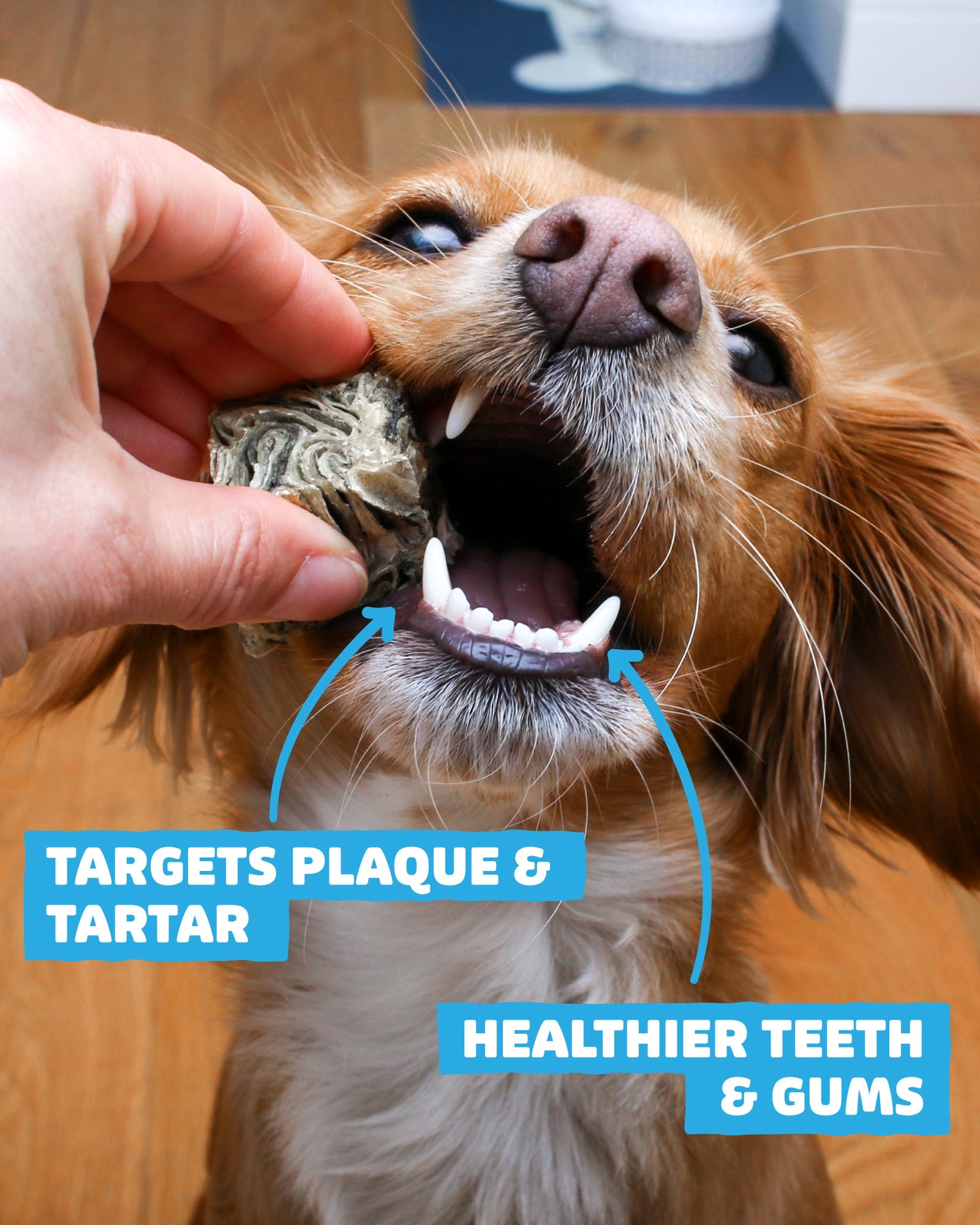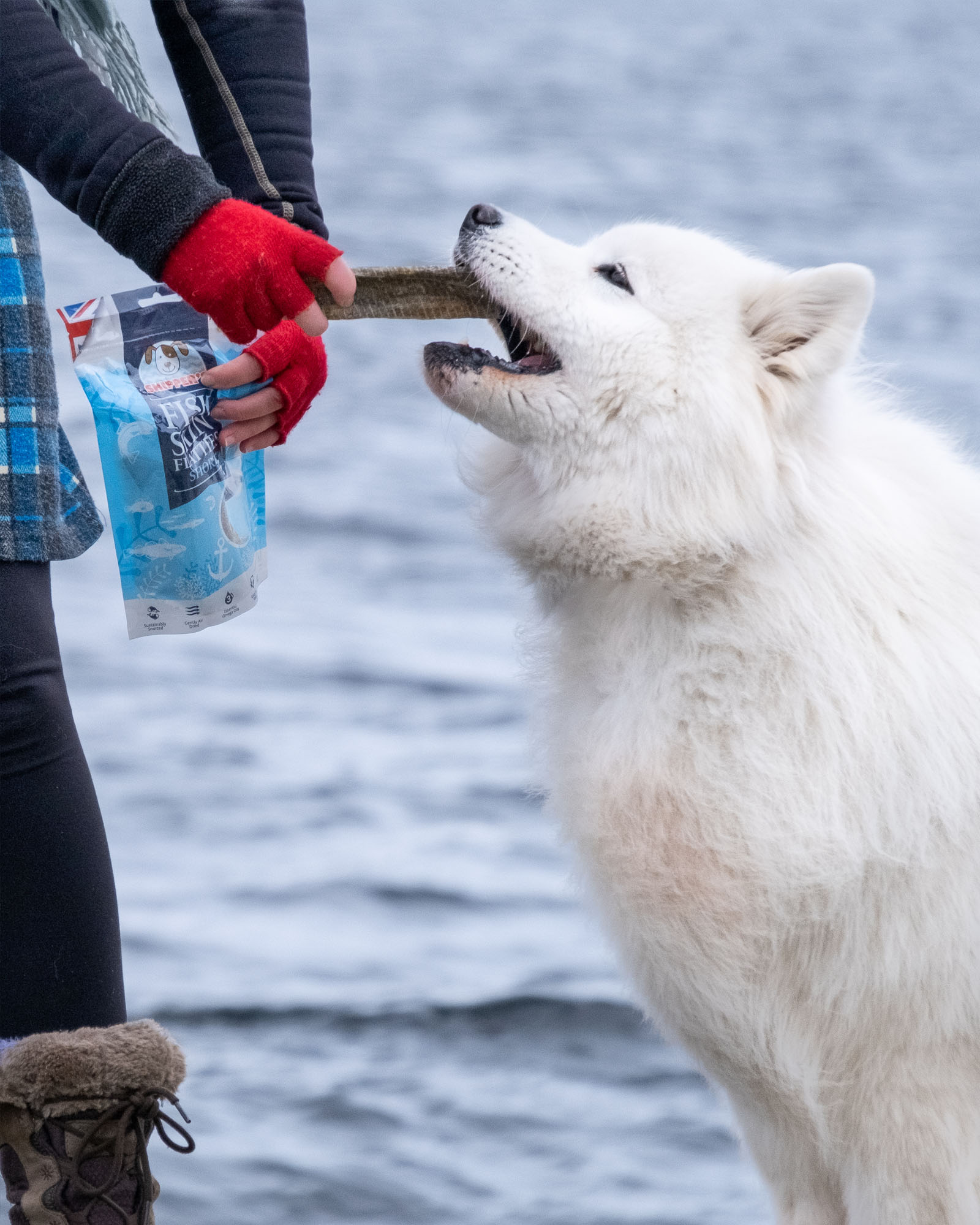Dogs are inherently social animals and cherish their time with their humans. However, amidst our busy schedules and commitments, there are instances when we must leave them alone at home, and the question of how long it's safe to leave your dog unattended arises. This can be a cause of concern for dog owners, especially those new to dog parenting.
How long can a dog be left alone?
The amount of time a dog can be left alone depends on their age, breed, and personality. Adult dogs can typically be left alone for 4-6 hours a day, and RSPCA recommends that you do not leave your dog alone for more than 4 hours. Puppies and senior dogs should not be left alone for more than 2-3 hours. There isn't a legal time limit to leaving your dog alone; however, consider hiring a pet sitter or doggy daycare if you are to leave your dog for longer periods.
According to a 2023 PDSA report, 13% of dogs are showing signs of distress when left alone, which is a 2% increase from PDSA's 2022 report. RSPCA say that training your dog to be left alone is an essential part of their training as it teaches that being left alone isn't bad and prevents the chance of your dog getting separation anxiety.
The importance of alone time
Dogs benefit from moments of solitude, which can positively affect their overall well-being and behaviour. Alone time allows your dog to unwind, relax, and mentally and physically recharge. The question on how long can dogs be left alone is a common one for dog lovers. In a busy household, constant interaction and stimulation can sometimes lead to stress or exhaustion for your dog. Providing them with a designated space and time to be alone helps reduce anxiety and allows your dog to find their inner calm.
Moreover, when your dog is alone, they can foster a sense of independence. It can enhance their confidence and self-reliance, making your dog more adaptable and less reliant on their owners for constant attention. This is especially valuable when you need to leave your dog alone for short periods.
Alone time can prevent the development of separation anxiety in dogs. Gradually acclimating them to being alone for brief periods can help them understand that your absence is temporary and not something to fear. This training is particularly essential for puppies and newly adopted dogs to build a sense of security and trust in their new environment.
Creating a positive association with alone time is vital. Provide your dog with mental stimulation, such as engaging toys, puzzle feeders, or long-lasting dog chews to keep them occupied whilst alone. This will reinforce the idea that alone time can be enjoyable and rewarding.
Tips for leaving a dog or puppy home alone

Leaving your beloved dog home alone can be a necessity at times, but it's essential to ensure their comfort and well-being during your absence. By following these helpful tips, you can make the experience more enjoyable for both you and your dog.
Take your dog for a long walk before you go out
Take your dog for a long walk to provide physical exercise and mental stimulation. A tired and content dog is more likely to relax and feel secure in their designated space. Additionally, the positive association with the pre-departure walk can make your dog anticipate your departure without undue stress.
Ensure your dog has all their necessities
Before leaving your dog on their own, ensure they have access to water, food, toys and possibly a high-value reward dog treat or a long-lasting dog chew. A comfortable environment with familiar items or a designated safe area in the house can alleviate your dog's anxiety and create a sense of security during their alone time.
Minimise fuss during departure and return
It's essential not to make a big fuss over your dog to avoid creating unnecessary anxiety. Maintain a calm and routine departure and return. In a 2021 research article, it was stated that there had been studies that showed dogs can detect changes in emotions. Excessively fussing your dog during departure can inadvertently signal to them that something is wrong or different with you. By remaining relaxed, you communicate that leaving and returning are normal parts of their daily routine.
Avoid punishment
Negative reinforcement, such as scolding, can increase your dog's stress and anxiety during your absence. Instead, opt for positive reinforcement and reward good behaviour. When your dog exhibits appropriate behaviour, offer them one of their favourite treats as a reward. Remember, dogs may engage in undesirable behaviours due to anxiety or boredom. Identifying and addressing the underlying causes, rather than resorting to punishment, is more effective in stopping unwanted behaviours.
By focusing on positive reinforcement and addressing the root of behaviour issues, you create a supportive environment for your dog during their alone time. This approach promotes trust, reduces stress, and helps your furry companion feel more at ease when you're not there.
Don't leave your dog alone for too long
The ideal alone time for dogs varies depending on factors such as age, breed, and individual personality. It's crucial not to leave them alone for extended periods, especially for puppies or senior dogs. Prolonged absences can lead to boredom, anxiety, and destructive behaviours. If you anticipate being away for longer than your dog can comfortably handle, consider arranging for a dog sitter or a doggy daycare to provide companionship and mental stimulation during your absence.
How to help your dog get used to being left alone
If your dog is not accustomed to being left alone, it's essential to help them gradually adjust to alone time. This process requires patience and consistency, but it can be a crucial step in preventing separation anxiety and fostering independence. Here are some tips to assist your furry companion in getting used to alone time:
 |
Start slowBegin with short absences and gradually increase the time you spend away. This gradual approach helps your dog build confidence and trust that you'll return. |
 |
Create a comfortable spaceDesignate a safe and comfortable area with your dog's favourite toys and bedding. Having a familiar environment will provide reassurance when you're not around. |
 |
Positive reinforcementUse positive reinforcement techniques to reward calm behaviour when you leave and return. Offering your dog's favourite treats or praise can help create positive associations with alone time. |
 |
Practice departuresPractice leaving and returning multiple times throughout the day. These brief absences help your dog understand that your departures are temporary and not cause for concern. |
 |
Seek professional help if neededIf your dog experiences severe anxiety, consider consulting a professional dog trainer or behaviourist for personalised guidance.
|
Why are some dogs unsettled when left alone?
Many dogs can experience feelings of unsettledness or anxiety when left alone for extended periods due to various factors. Their social nature, as pack animals, often makes them seek companionship and closeness with their owner. As a result, prolonged solitude can lead to loneliness and stress.
Furthermore, some dogs may develop separation anxiety, a condition characterised by excessive distress when separated from their owners.
Boredom is another common cause of unrest in dogs during alone time. Without adequate mental and physical stimulation, your dog can become restless and engage in unwanted behaviours to alleviate their boredom.
Health issues can also contribute to your dog's unease when left alone. Some dogs may experience physical discomfort or pain, leading to heightened anxiety when they cannot access the comfort and care they need.
By understanding these factors and implementing appropriate strategies, such as gradual desensitisation, positive reinforcement, and providing mental stimulation, you can create a more positive and comfortable environment for your dog during their alone time.



























